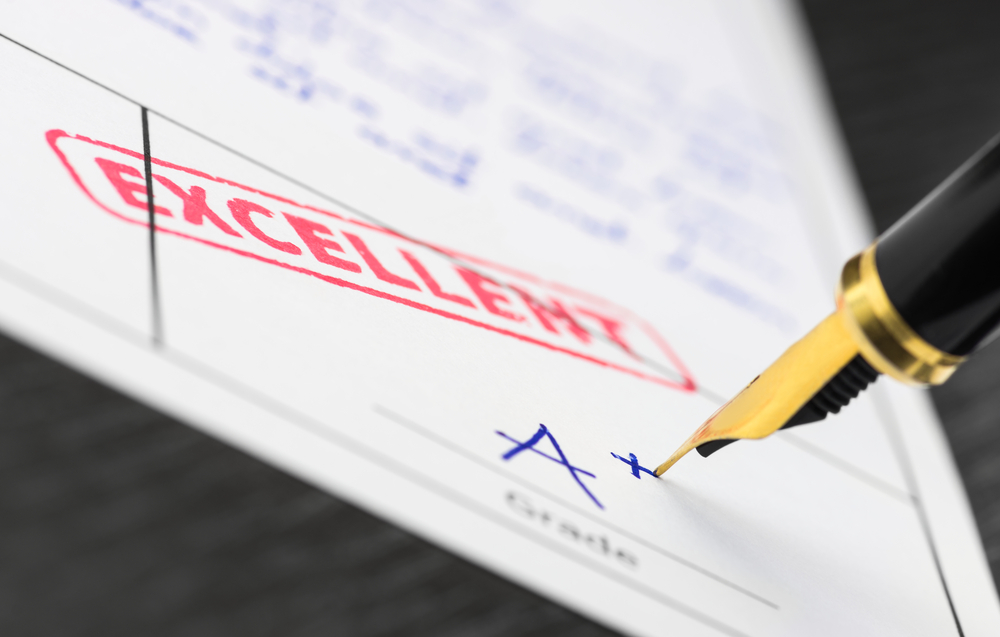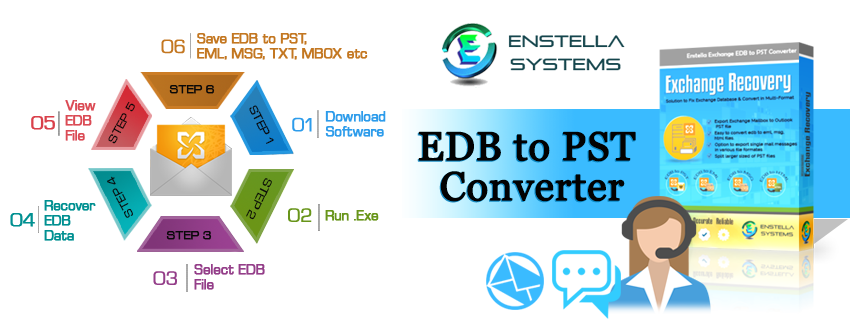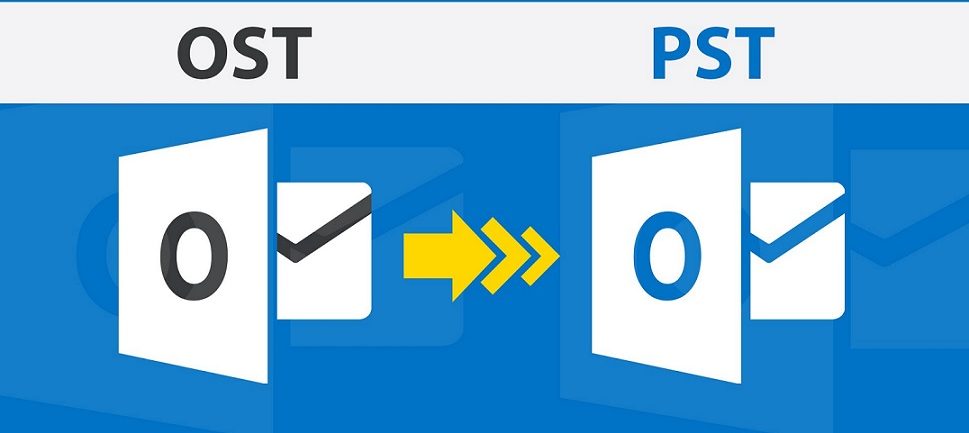Exams have a way of getting to you.
No matter how old you get, just the sound of the exam could send shivers down your spine.
Overcoming this fear is extremely important, especially today when the world is constantly competing against itself and each other— the main worry for students who are doing competitive exam preparation.
So here are a few essential tips for studying that will help you get over the fear of exams and gain you higher scores.
-
Don’t Be A Loner
Everybody has their own style of studying, no doubt. For most people, though, studying alone can be boring and soon become a challenge. So to kill the boredom and make the most out of the time that you are investing in studying, you can form a study group with some of your closest friends. You can help each other out with tough questions, helping you retain more information.
-
Sleep In Peace
Considering the amount of stress you put your brain through during exams is very high, it is a must that you combat this stress, and get enough sleep during the night. 8 hours of peaceful sleep can help you with studying for longer hours and understand the material you’re reading.
-
Breathe and Study
Panicking can be the worst thing you can do while studying for exams. Instead of throwing yourself at books and trying to manage everything at once, breathe and make a schedule of the topics and subjects you need to study along with the number of breaks you’ll be taking.
-
Need Help? Get it
There might be times when you can’t understand a topic in spite of having it explained to you before, and that’s okay. You shouldn’t be afraid to ask for help from anyone to understand concepts. This step should make it easier for you to score in exams. Also, apply some time management tips to your study schedule.
-
The Night Before Schedule
The night before your exam should only be to pack all your essentials and get a good night’s rest. You should make sure that you are not carrying any extra material to school, and neither are you forgetting to take your pens and pencils.
-
Charts and Diagrams
One of the most effective ways to study is by using charts and diagrams. These visuals usually help you remember information faster than reading long paragraphs. For this, you might have to start preparing earlier. Close to the day of the exam, you can formulate the diagrams into one sheet and revise only that.
-
Involve People
We all know how annoying parents can be during exams. The constant checking up on you and asking how much data you’ve covered is tough to deal with. Rather than getting mad at them, you could have them sit down and discuss your exam questions and answers with them. This way, both parties get what they want.
Well, that’s about it, related to what you’re supposed to do before your exam.
If you are a parent reading this article, then you might also want to get to know how you can help your child in their education.
Now, if you’re interested in reading about what to do once you’re in the exam hall, I’ve got you covered.
Take a look at all the things you must take care of while you are giving your exam.
-
Read Everything
Make sure you read your question paper thoroughly and understand all the questions that have been included in it. Check the marks that a particular question carries and the amount of data you’ll need to add to it.
-
Prioritise the Questions
Attempting easy questions first makes the whole question paper manageable. You can ensure that you are able to complete the answers on time and even have extra time to focus on the tough questions. As an added advantage, you already score in the easy questions and the answers you already know.
-
Take Care of the Timings
It is a must that you keep track of the time you are spending on each question, reading it, analyzing it, and answering it. Remember not to focus too much on time, otherwise, you’d miss out on the actual writing part.
-
Keep it Neat
This one’s an absolute must. Making sure that your handwriting is readable and neat will make things easier for the examiner. With this, you might even create a good impression on the examiner and turn things in your favour. It might sound tough to manage good handwriting and time, but practice can help you with that.
-
Avoid Overthinking
Overthinking is a downer for everyone. Using up too much time for one question would leave you with none or very little time. As long as you cover the details that you’re supposed to in the answer, you should be fine. Investing in explaining the answer for no reason is useless.
There are various other things you should remember, but I think you get the gist of the article, right?
Now you should be able to figure out what are the other essential things to remember as well.
I hope this article helped you.
Good luck with your exams!









